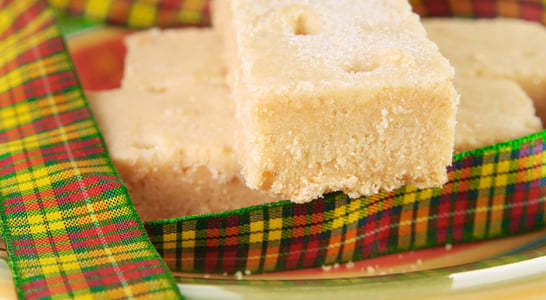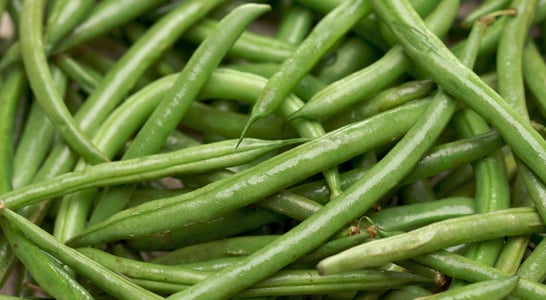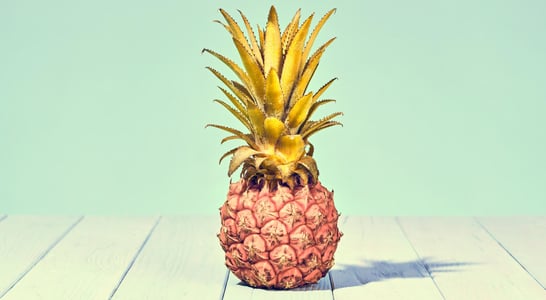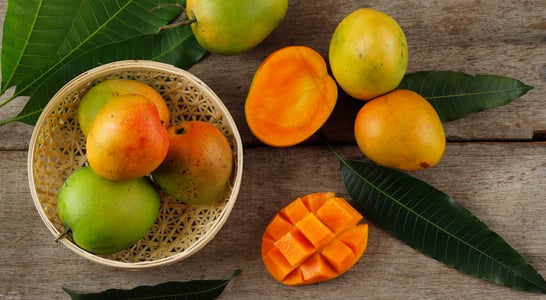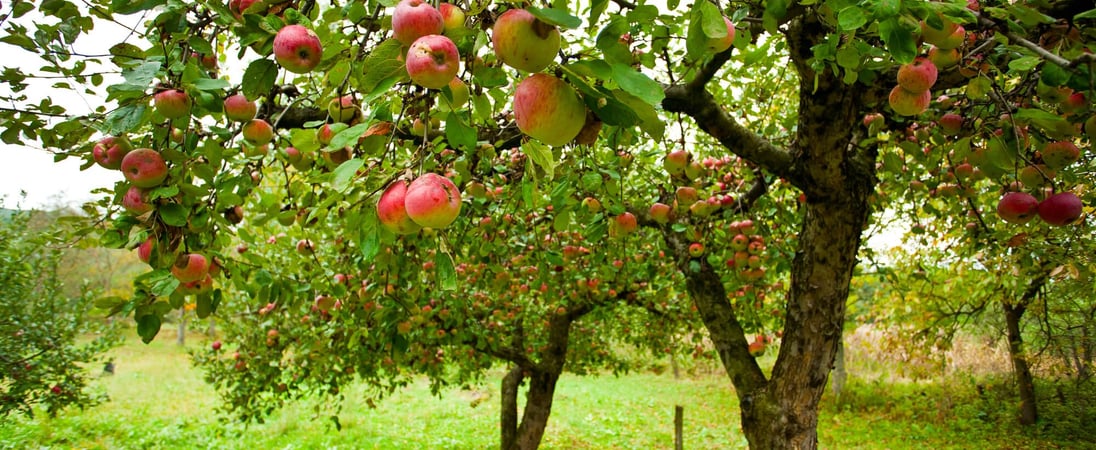
Apple Tree Day
Experience the joy of picking your own fruit straight from nature's bounty and enjoy a sweet treat that's truly farm-to-table.
It is remarkable how closely the history of the apple tree is connected with that of man.
Henry David Thoreau
Apple Tree Day could also be called ‘Put a Doctor Out of Business Day’ simply because of the health benefits contained in this delightful fruit!
However, the origin of this day is quite different. Apple Tree Day started as a celebration of an old apple tree almost two centuries old, and has grown to become a celebration of the apple itself.
How to Celebrate Apple Tree Day
Celebrating Apple Tree Day is easy with these ideas to get started:
Join in on an Apple Tree Day Event
It is a good idea to take a look online and see whether there are any events that are going on in your local area.
A lot of communities may host local village festivals on Apple Tree Day, selling the most delicious homemade apple treats. This might include everything from apple pies to apple cider. It’s a great way to be a part of the community and enjoy some of the local produce.
Even for people who don’t have access to an organized function on Apple Tree Day, it’s still possible to participate – just eat an apple, drink apple cider or eat meals with apple in them.
Read an Apple Themed Book
Whether there are children around–or just children at heart–take a look at some of these delightful books themed around the idea of apples and apple trees:
- The Apple Pie Tree by Zoe Hall (1996)
This delightful book follows the two sisters and they discover the various seasons and progressions an apple tree goes through before it renders fruit fit for making pies. - Apples, Apples, Apples by Nancy Elizabeth Wallace (2004)
This children’s book tells the story of a family of bunnies who visit the apple orchard. The book also includes a recipe for applesauce. - Who Was Johnny Appleseed? by Joan Holub (2005)
This biography tells the legendary story of John Chapman, who was responsible for bringing apples to the midwestern United States. - How Do Apples Grow? by Betsy Maestro (1993)
An introduction to environmental science, this children’s book addresses kids’ questions and informs them on facts about apple trees and their fruit.
Plant an Apple Tree
Traditionalists might want to take apple tree cuttings and plant them, but for those who don’t have a green thumb it’s just as acceptable to plant an apple tree bought from a plant nursery.
For those who live in regions where January isn’t quite the right season for tree planting, get a head start on taking care of that apple tree by signing up for a course on fruit tree pruning.
Pick Apples and Bake with Them
Depending on the particular location, some people might be able to spend Apple Tree Day picking some fresh apples and using them to bake an incredible creation. There are so many different desserts that call for the use of apples. This includes traditional desserts, such as Apple Cake, Apple Crumble, and Apple Pie.
There are also modern recipes that can be found online and in cookbooks today. Examples of these delicious treats might include Apple Crumb Cheesecake Pie, Salted Caramel Apple Crisp, Apple Cider Cupcakes with Cinnamon Buttercream, and much more.
All that is needed is to do a quick search online and anyone is bound to come across plenty of delicious apple-based treats!
Don’t forget, when peeling those apples, to hold a competition to see who can peel an apple to make the longest ‘Slinky’ – people don’t even have to eat the apples to be involved in the process!
Try Making Apple Cider
You could even try your hand at making your own apple cider. You have two options here. You can go down the easy route of purchasing one of the apple cider making kits that are available in stores.
The other option is to make your own apple cider from scratch. This does require quite a lot of hard work, but it will all be worth it in the end!
Participate in Apple-Based Traditions
And since this day comes just once a year, those who are in love can declare it by throwing a Golden Delicious at the ‘apple of your eye’ and see if they reciprocate those affections by catching it. If they don’t, there’s always next year!
Learn About the Benefits of Eating Apples
On this day, everyone is encouraged to learn more about apples and the importance of including them into their diet.
In fact, there are a lot of benefits that are associated with eating apples! Perhaps this has something to do with the old adage declaring that “an apple a day keeps the doctor away”.
Apples contain a variety of different antioxidants, including chlorogenic acid, phloridzin, catechin, and quercetin. There have been a number of different studies into the links between eating apples and lowering your cholesterol, reducing the risk of certain diseases and helping with managing weight.
Learn About Different Types of Apples
One way to pay honor to the Apple Tree on this day is by delving deeper into the different types of apples that are available (there are more than 7500 different varieties worldwide!), understanding the unique benefits they provide and the unique taste experience they have to offer.
Here are some interesting apple varieties to get started with:
-
Gala Apples
Currently the most popular apple variety in the United States, Gala apples are mildly flavored, sweet, and juicy. These apples are great for just eating whole or baking into a delicious treat.
-
Red Delicious
This classic apple is what many people think of when it comes to taking an apple for the teacher’s desk! These were the most popular in the US for many years, but have fallen to second in deference to something a bit crunchier and sweeter.
-
Granny Smith
This green apple is native to Australia and has a super tart flavor that makes it perfect for baking with.
-
Fuji Apples
This variety was named for Mt. Fuji in Japan in the 1930s, but is now super popular with Americans as it has been around since the 1980s. Its yellow and red color gives it a distinctive look and it’s delightfully sweet, juicy flavor is great for eating.
History of Apple Tree Day
The apple tree is a deciduous tree that, somewhat surprisingly, hails from the same family as the rose. Its ancestor is the Malus sieversii, a tree that is still grown to this day.
Originating in Central Asia, apples then made their way to Europe where they grew for many years before European colonists brought them over to North America during the 17th century. It is possible that apple trees are the oldest tree to have been cultivated.
When considering the long journey that apples have gone on around the world and the fact that they are still one of the most popular foods of today, it is not hard to see why they deserve to be celebrated!
Apple Tree Day started off as a celebration of an old apple tree, which had been around for two centuries. As time went on, this day morphed into a celebration of the fruit itself.
Apple Tree Day FAQs
What ancient myths feature apple trees as symbols of love or power?
In Greek mythology, the apple tree represented beauty, desire, and conflict.
The myth of the golden apple sparked the Trojan War after Paris awarded it to Aphrodite, goddess of love, deeming her “the fairest.”
In Celtic lore, apples symbolized healing and happiness, often referred to as the “Fruit of God.” These tales elevated the apple to a symbol of love and influence across different cultures.
Did early settlers in America use apples differently than we do today?
Yes, early settlers didn’t initially consume apples as fresh fruit. Colonists used apples primarily to make cider, a staple in their diets, as clean water was scarce.
Cider became so popular that even children drank it. Settlers cultivated apple trees for this purpose, with famous figures like Johnny Appleseed planting orchards specifically for cider-making.
Why do some cultures associate apple trees with wisdom?
Apple trees have long symbolized wisdom due to their presence in folklore.
The Norse tree of knowledge, Yggdrasil, was sometimes linked to apple trees.
In European stories, apples were gifts that granted knowledge or immortality, with connections to the Garden of Eden’s forbidden fruit. This association led apples to symbolize not only wisdom but also curiosity and the quest for knowledge.
How do people celebrate Apple Tree Day in unique ways around the world?
In the U.S., celebrations include planting apple trees or hosting apple-themed parties, but other regions have unique takes.
In the UK, “wassailing” traditions honor apple trees with blessings and songs to ensure a fruitful harvest.
Meanwhile, in Kazakhstan, the apple’s homeland, people mark the day with festivals celebrating native apple varieties like the Aport.
Did Isaac Newton’s famous apple tree really exist?
Yes! Newton’s “gravity tree” still grows at Woolsthorpe Manor in England.
It’s a descendant of the original tree from which an apple supposedly fell, inspiring his theories on gravity.
Saplings from this tree have been planted worldwide, making it a unique symbol of scientific inspiration tied to apple trees.
How do apple trees relate to the history of the term “fruit”?
In many ancient languages, the word for apple was used to mean “fruit” in general.
For example, in Latin, the term “malum” refers both to apples and fruit. This linguistic link reflects apples’ prominence in early diets and myths, emphasizing their role as one of humanity’s earliest cultivated fruits.
Are there any “forbidden apple” misconceptions connected to Apple Tree Day?
Yes, many mistakenly believe the apple was the forbidden fruit in the Garden of Eden.
However, early biblical texts do not specify the fruit. The apple association likely arose from Greek and Roman influence, where the apple symbolized both temptation and beauty, making it an attractive choice for artists and translators.
Which famous apple tree survived major historical events?
The original Bramley apple tree, planted in Nottinghamshire, England, in the early 19th century, has endured storms, disease, and even World War II bombings.
This tree remains a source of Bramley apple cuttings, cherished for their flavor in pies and preserves.
How did Johnny Appleseed help shape America’s apple landscape?
Johnny Appleseed (John Chapman) didn’t just randomly plant apple trees—he strategically planted orchards to help settlers claim land. In those days, planting crops established land rights.
Chapman’s work helped new communities secure property and brought apples across the frontier, making him a legendary figure in U.S. apple history.
Why do apple trees need to be planted in pairs?
Apple trees require cross-pollination from a second tree to bear fruit. Unlike some self-pollinating plants, apples need pollen from a nearby tree to produce viable apples.
This need for “companionship” reflects their role in community gardens and orchards, where diverse apple varieties grow together for abundant harvests.
Need some inspiration?
Check out these videos for some extra inspiration in getting involved!
Also on ...
View all holidaysNational Smith Day
A moniker both common and widespread, often passed down through generations, evoking a sense of tradition and heritage.
National Shortbread Day
Delicious buttery biscuits, perfect for any occasion, with a crumbly texture that melts in your mouth and a hint of sweetness.
National Bean Day
Discover a world of hearty goodness, as these tiny powerhouses pack a punch of protein and flavor, making every meal satisfying.
National Cuddle Up Day
Snuggle up by the fire with your loved ones, whether your partner, kids or pets, and enjoy the varied health benefits of a cozy embrace.
We think you may also like...
National Cranberry Relish Day
That zesty, tangy burst of flavor, a delightful companion to turkey, bringing a pop of taste to every Thanksgiving feast.

